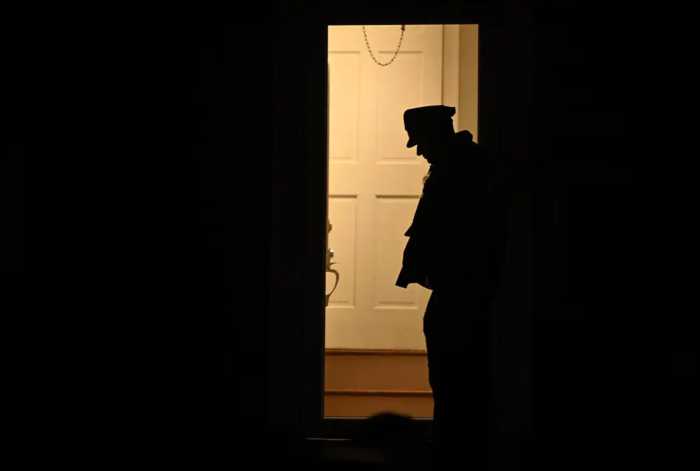The city should be dipping deeper into the deep pockets of cell phone companies to help balance the budget, say two Brooklyn legislators.
To that end, City Councilmembers Vincent Gentile and Letitia James have come up with a proposal for upping the fee for installing cell phone transmission equipment. Currently, companies pay the city an average of $386.77 to install an antennae, while the same companies are forking over up to $6,000 to put up an antenna in places such as Mount Vernon and New Rochelle, and up to $12,000 to put up a cell tower, according to Gentile.
The idea, said Gentile, emerged when his staff did research on ways to increase oversight over the placement of cell towers.
“We discovered that other jurisdictions tend to charge significantly higher fees to the same companies that we deal with,” Gentile went on. “Given the economic situation we are in, if we have towers going up, the permits should be in higher increments.”
Upping the fees wouldn’t put the lid on trying to stop installations that are objectionable, said Gentile, stressing, “It won’t prohibit us from fighting those we thing are inappropriate.”
Besides charging more for new installations, the city could also charge more for renewals, said Gentile. In all, he projected, based on a cost of $2,500 per installation, the city could “raise about $2.5 million just on new towers coming on line, and probably add another $3 to $4 million on renewals of antennas already in the five boroughs.
“The good thing is that it’s coming from a source that’s profiting greatly from the use of the property they put their cell towers on,” Gentile added. “Business is booming, so asking them to pay a sum like $2,500 wouldn’t be overly burdensome on them. They are already paying those amounts to cities like New Rochelle. The fact that they pay so little in New York City probably has them laughing all the way to the bank.”
Gentile also said that the city could narrow its budget gap simply by drawing on the $2.6 billion surplus built up in the retirees benefit fund over the past several years, to pay this year’s projected retiree costs of $1.4 billion.
“The mayor wants to put $1.4 billion into the fund to pay for the health benefits,” he noted. “My suggestion is, don’t put the $1.4 billion in. Take it from the surplus we already have in the fund, and use the $1.4 billion to bridge the gap elsewhere.”






















